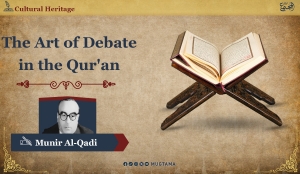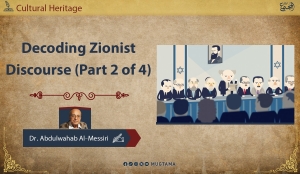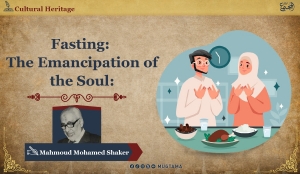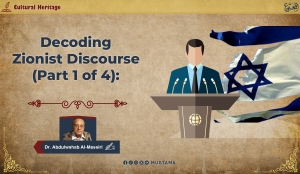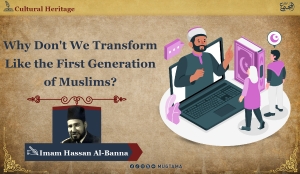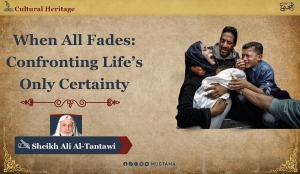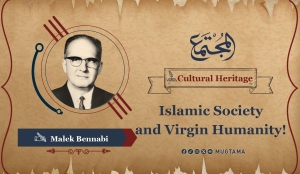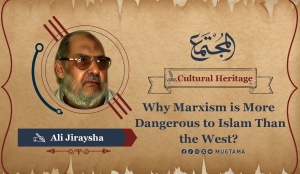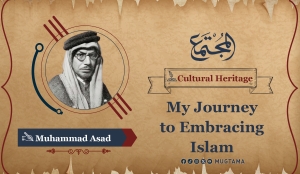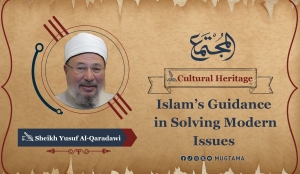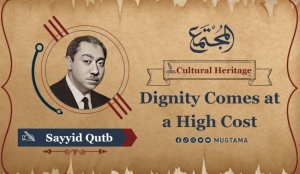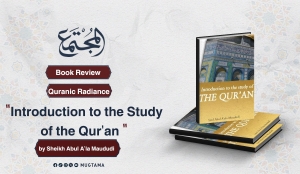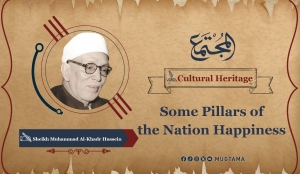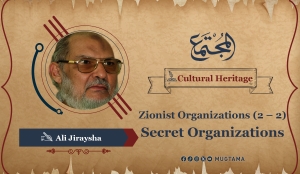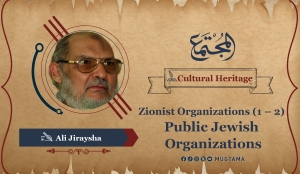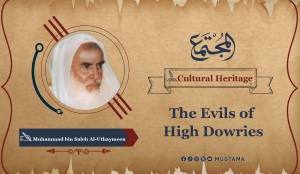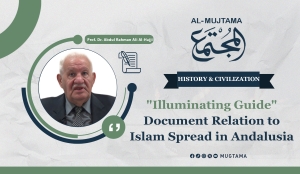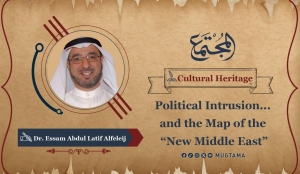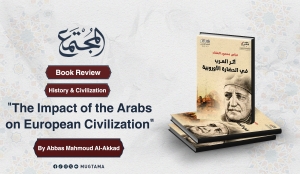May 04, 2025
Orientalist Contributions and Their Impact on Modern Islamic Thought
February 27, 2025Al-Aqsa Mosque is a Property of all Muslims, not Just Palestinians
February 16, 2025Book Review: “Introduction to the Study of the Qur'an” by Sheikh Abul A'la Maududi
February 01, 2025"Illuminating Guide" Document Relation to Islam Spread in Andalusia
December 19, 2024The Catastrophe of Palestine: Product of a Conspiracy of Foreign Colonialism and Global Judaism
December 15, 2024"Illuminating Guide" Document Relation to Islam Spread in Andalusia
December 12, 2024Latest News
Tags
AlAqsaFlood
An event in Ramadan
Book Review
CaliphateOverthrow100YRS
Celebrities
Cultural Heritage
Education
Family
Fatwas
Featured
Gaza
Hamas
Islam
Kuwait
latest
Listicle
Marriage
Muslims
Muslims around the World
OccupationCrimes
Palestine
PalestinianIslamicResistance
Quran
ramadan1446
Resistance
SelfDevelopment
Series
Women
Worship
Zionism


